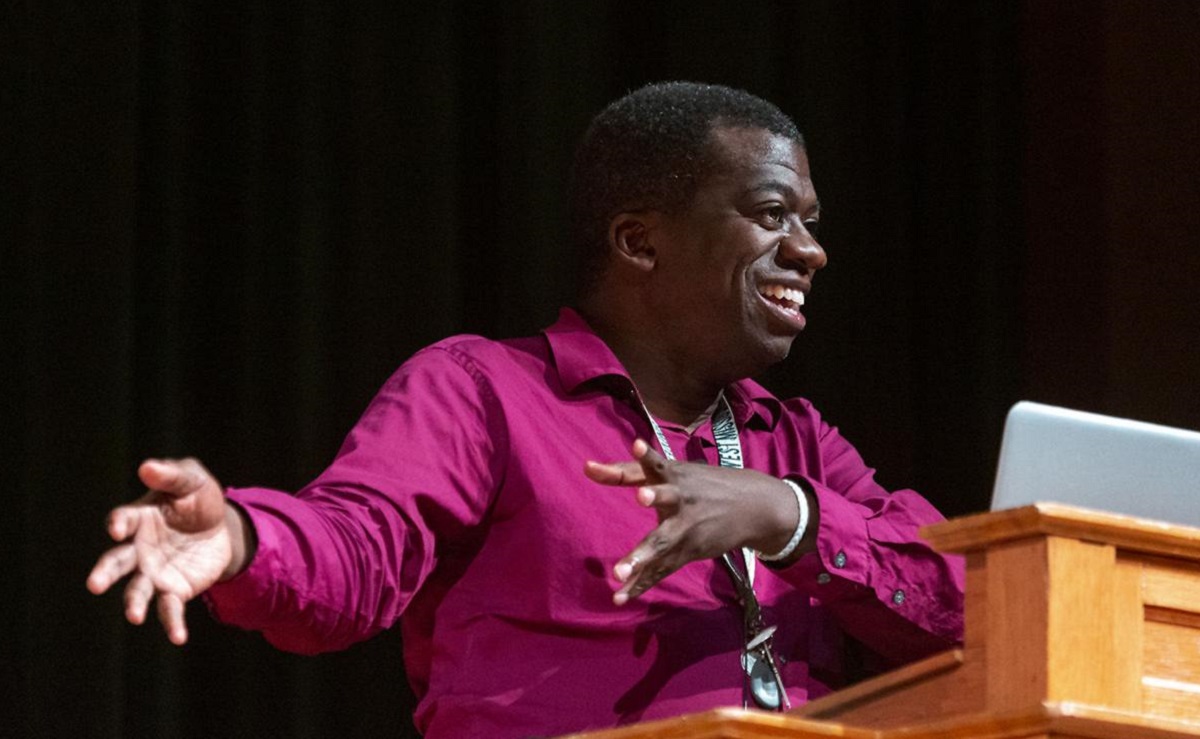Games For Change is honoring educator Gordon Bellamy with its prestigious Vanguard Award for his role as a game industry leader and LGBTQ+ champion.
Games For Change is a nonprofit that runs the game conference and festival, promoting the power of games for social impact. It takes place on July 14 to July 16, and Bellamy will be honored at the G4C Awards Ceremony 4:30 p.m. Pacific time on July 14. Humble Bundle will also receive the inaugural G4C Giving Award for its fundraising efforts for charities.

Unlock premium content and VIP community perks with GB M A X!
Join now to enjoy our free and premium membership perks.
![]()

![]()